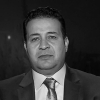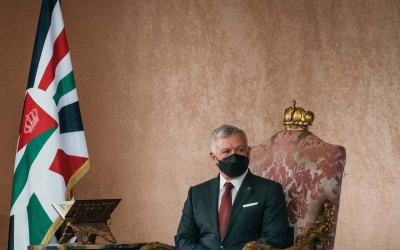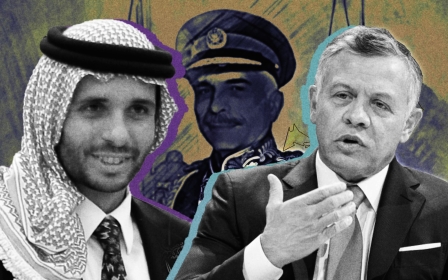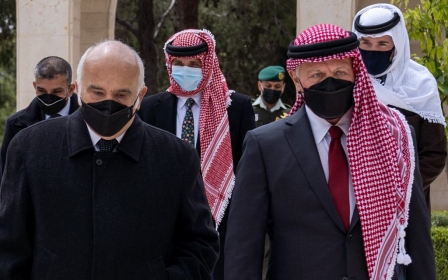Jordan: Is there still hope for a new political future?
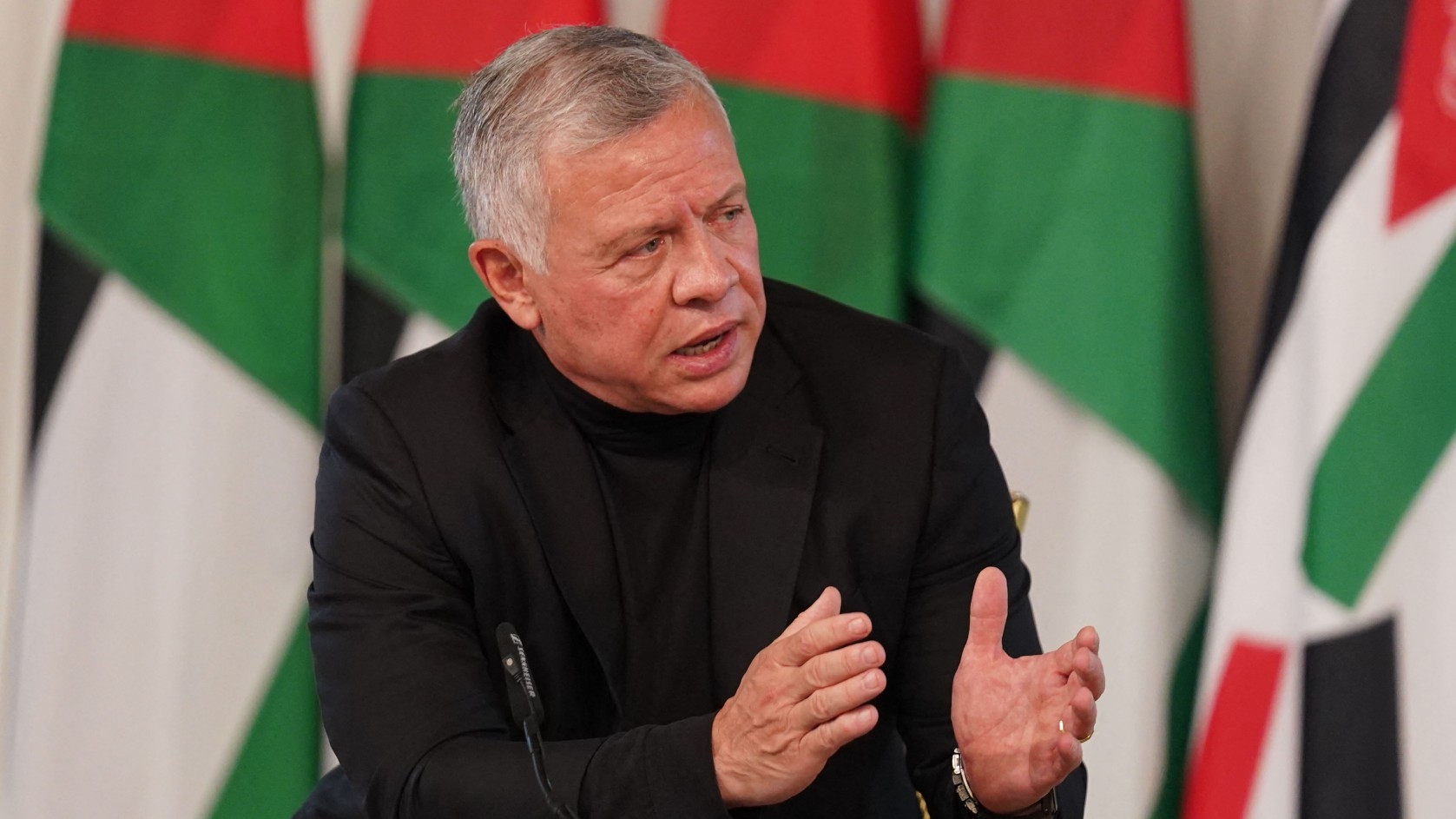
A committee formed by the Jordanian king last year to modernise the country’s political system was met with a storm of scepticism. But several months ago, the committee issued a set of recommendations related to elections and political parties that would allow for deeper integration of youth and women in politics.
Indeed, despite the significant public opposition to this process, it has led to tremendous movement in Jordan’s political scene. There has been intense activity among youth political currents, alongside repositioning by existing parties who want to take advantage of constitutional amendments that expand access to the country’s political scene.
There is a large segment of Jordanian youth who are thirsty for political action and for a platform to express their concerns and ambitions
At the same time, legitimate questions remain about the credibility of official promises to reach a democratic model within a decade, wherein parliamentary parties would choose the government.
The irony, however, is that the “anti-modernisation” front is not a united political movement; rather, it comprises contradictory and antagonistic currents, along with broad social segments that have lost confidence in any hope for a Jordanian democracy that leads to genuine political change.
Opponents and sceptics of the royal committee run the gamut from right-wing, to left-wing, to Islamists. Some of the antagonism is focused on the potential consequences vis-a-vis the Palestinian situation, amid concerns that the modernisation programme is a prelude to the establishment of an alternative homeland for Palestinians in Jordan - a traditional scarecrow for many Jordanians.
New MEE newsletter: Jerusalem Dispatch
Sign up to get the latest insights and analysis on Israel-Palestine, alongside Turkey Unpacked and other MEE newsletters
Growing political awareness
It is important to note that the Jordanian right - which exalts the Jordanian identity and fears changing the state’s identity - has become an important player in the political scene, even if it is not organised. Prince Hamzah bin Hussein's crisis was a warning sign of the state of restlessness that characterises Jordanian tribes today, amid resentment and anger over economic conditions and high unemployment rates.
Standing alongside the Jordanian right is an elite group of traditional statesmen, from the old guard and the conservative current, who have historically stood against political reform. To them, the outcomes of the royal committee represent a threat to stability.
On the other side of the political spectrum, a stream of reformist forces - leftists, Islamists and liberals - either oppose the committee’s findings or remain neutral. Many have doubts about the seriousness of the state and the credibility of the reform project, as all previous attempts have ended badly.
So who actually stands with the committee? The internal balance of power is in its favour, and the king appears to be committed to its findings, promising to deliver on the recommended reforms. In the halls of power, this represents a new path for the country on the occasion of its centenary.
Alongside the king, there is a large segment of Jordanian youth who are thirsty for political action and for a platform to express their concerns and ambitions. Many Jordanian youths have received training in political and public work and are eager to get involved. We are witnessing an unprecedented state of readiness for political action.
Opposition to the modernisation drive is still present, with some promoting a narrative of fear over the problems democracy could bring in terms of social stability. But among official decision-making circles, there is a strong current that believes in the importance of change and development.
The views expressed in this article belong to the author and do not necessarily reflect the editorial policy of Middle East Eye.
This article is available in French on Middle East Eye French edition.
Middle East Eye delivers independent and unrivalled coverage and analysis of the Middle East, North Africa and beyond. To learn more about republishing this content and the associated fees, please fill out this form. More about MEE can be found here.


